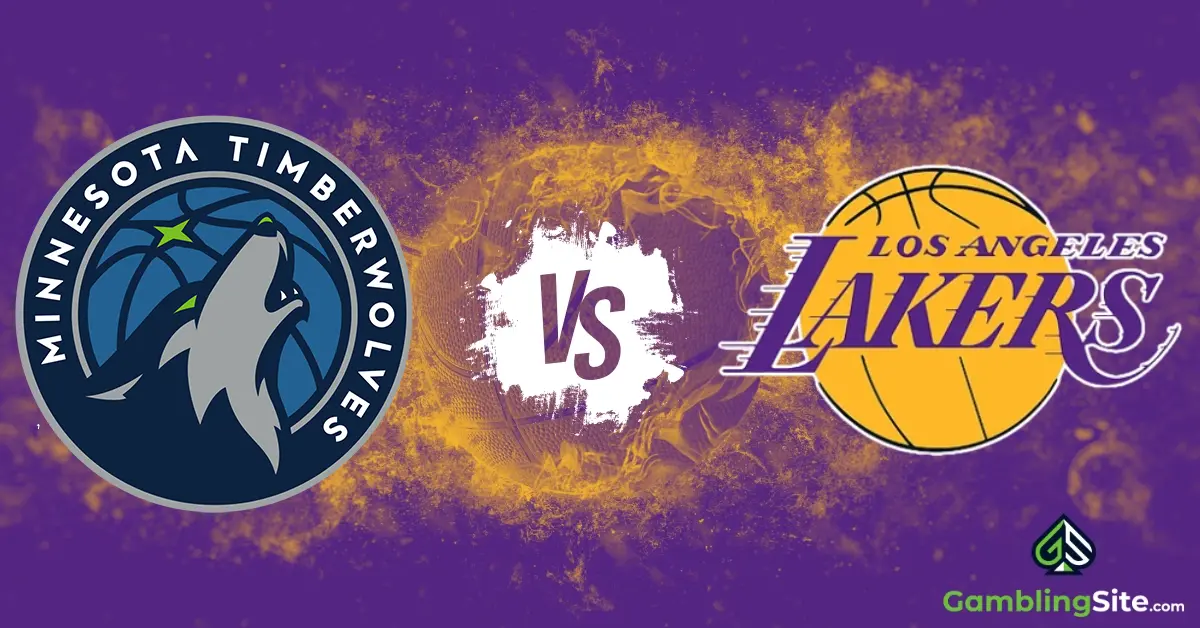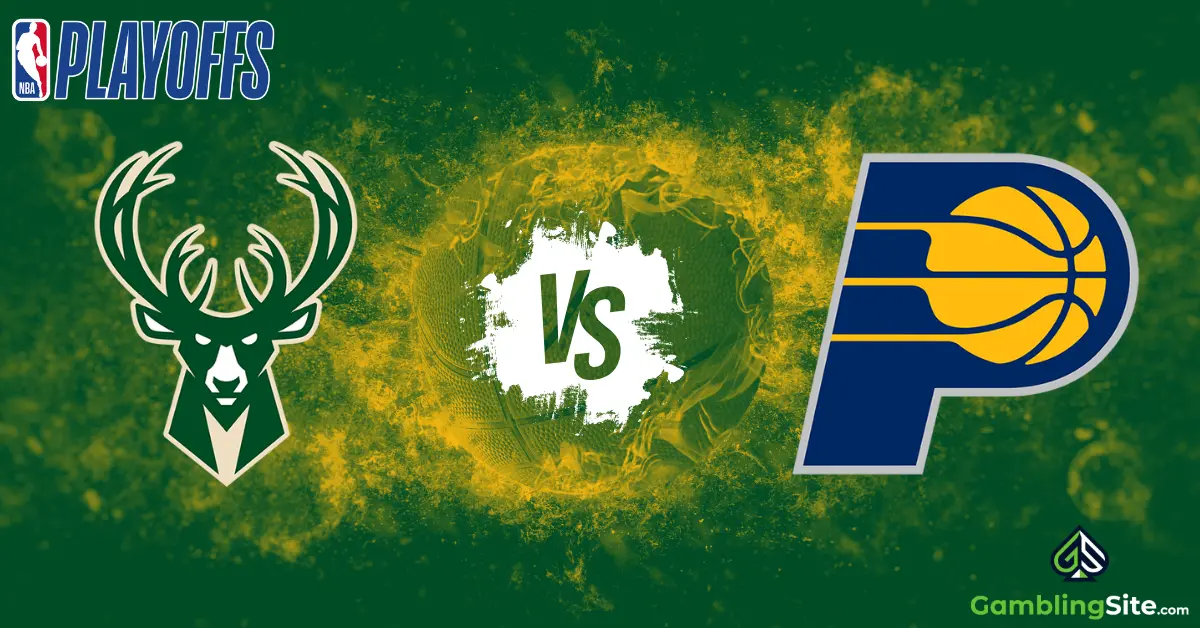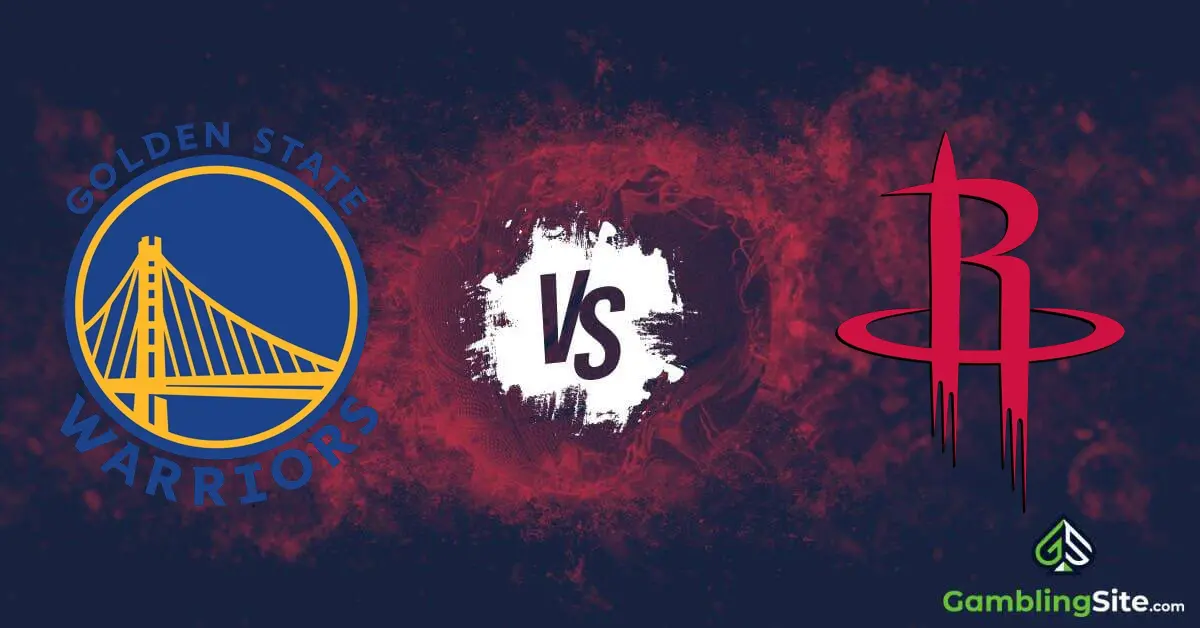Fixing Scandals in Sports: How They’ve Changed Betting Rules
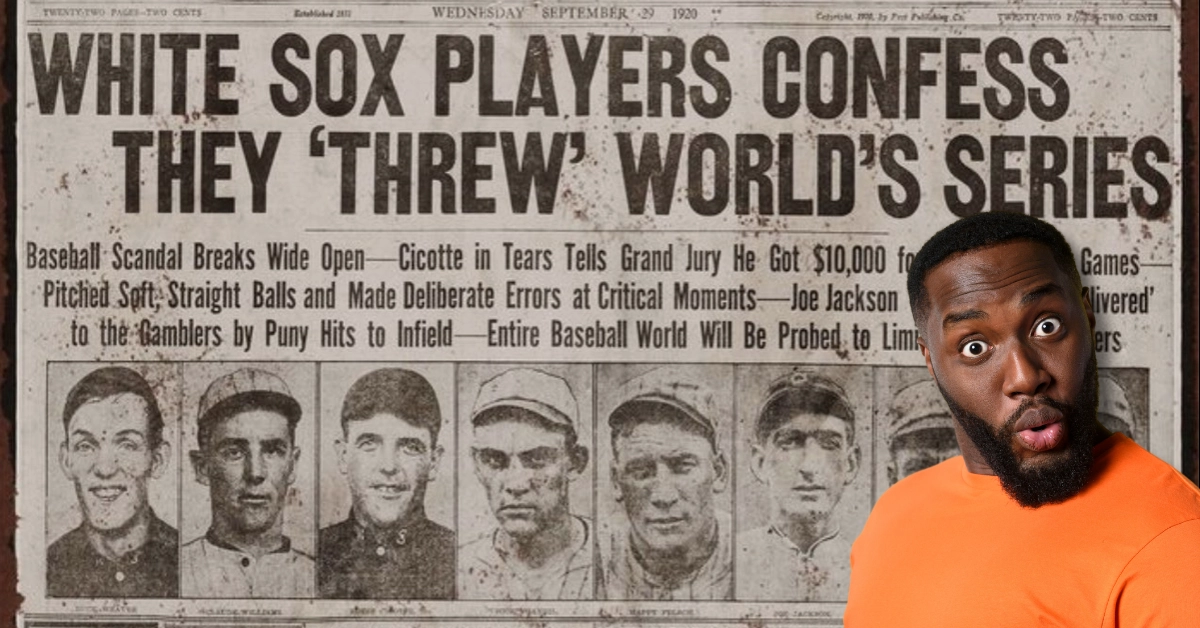
Everyone loves a scandal, don’t they? We might not admit it to others, but we do gobble up the dirty details of sordid deeds. Speaking of unseemly happenings in sports, do you happen to remember the Black Sox scandal of 1919? It’s when eight Chicago White Sox baseball players were accused of throwing the World Series—all for a payout from gamblers.
It shooketh people’s faith in the integrity of sports—and it’s far from the only example! From point-shaving in basketball to doping revelations (pssst…Lance Armstrong), sports scandals grab the public’s attention for better and for worse.
The scandals don’t only tarnish the reputation of players or teams, so don’t think that the betting world gets a pass! When fans start to question the fairness of a game, they also start to wonder about the systems that are profiting from it. Betting, after all, lives and breathes on trust—trust that the competition is real and the outcomes aren’t in any way rigged.
But there is a bright spot: every sports fixing scandal also brings about change. High-profile controversies have pushed regulators to tighten up the rules and change how betting works. Not only are the changes interesting to observe—but it’s a lens through which we see how scandals can overhaul an entire industry!
Overview of Sports Fixing Scandals
Sports fixing sounds like a cute lil’ Southern woman saying she’s fixin’ to play some sports! But unfortunately, that’s not what it is. Competitive games have always been a source of fun and passion for people all over the world. However, the integrity of some games has occasionally been compromised by scandals. Things like match-fixing and betting irregularities are two, and the incidents don’t just tarnish the reputation of the sports themselves—they also cast a long shadow over the betting industries that are associated with them!
What Is Sports Fixing?
Basically, sports fixing is any kind of deliberate manipulation of a sporting event or its elements to get to a prearranged outcome, and it’s usually for financial gain. It is a super unethical practice that undermines fair competition and impacts fans, players, and bettors!
The following are the most common examples of sports fixing practices:
- Match-Fixing: This is the manipulation of the final outcome of a game, and it’s usually orchestrated by external parties like gamblers or criminal networks (i.e., the mafia).
- Point-Shaving: Players or teams deliberately underperform in order to influence the margin of victory, which impacts the spread in betting markets.

- Player Collusion: Conspiring players or teams will manipulate specific plays or outcomes to match up with a predetermined result.
- Spot-Fixing: This is when players fix certain moments within a game, like a no-ball in cricket, a missed free throw in basketball, or a yellow card in soccer. This line of fixing targets more minor events so it can fly under the radar—but it still impacts bets.
- Referee Bias or Bribery: Officials will intentionally make decisions that influence the outcome of a game, like awarding shady penalties, ignoring fouls, or ejecting star players.
- Deliberate Underperformance: Teams or athletes will intentionally lose games so that they can secure spots in easier matchups in tournaments or avoid relegation.
- Draft Manipulation: Teams will deliberately underperform across a season (“tanking”) to secure a higher draft pick, although this usually doesn’t involve any kind of betting.
- Betting Against Self: Athletes or coaches place bets against their own team and then adjust their performance accordingly.
- Audience or Prop-Based Fixing: This is the practice of fixing smaller outcomes in a game like the first corner kick, a specific player scoring, or a set duration without goals, and are usually linked to “prop bets” (proposition bets).
Notable Scandals in History
Sports history is riddled with controversies that have shocked fans—and authorities. The following are some of the most notorious scandals that involved match-fixing and betting:
- 1919 Black Sox Scandal (Baseball): Eight Chicago White Sox players were accused of intentionally throwing (losing) the World Series in exchange for money from gamblers. This scandal is still considered one of the most infamous in American sports history.
- Italian Football Scandals (Calciopoli): In 2006, top Italian football clubs like Juventus, AC Milan, and Lazio were implicated in influencing referee appointments to secure favorable outcomes. Juventus faced relegation, and the other clubs got hefty monetary penalties.
- 2000s NBA Referee Betting Scandal: NBA referee Tim Donaghy admitted to betting on games he officiated, which raised some real concerns about the integrity of pro basketball.
- Hansie Cronje Scandal (Cricket): The South African cricket captain admitted in 2000 to accepting money from bookmakers to influence match outcomes, and that resulted in a lifetime ban.
- 2010 Pakistan Cricket Spot-Fixing Scandal: Pakistani cricketers Salman Butt, Mohammad Asif, and Mohammad Amir were caught in a sting operation for deliberately bowling no-balls in return for money. The incident resulted in bans and jail sentences.
- 2013 European Football Match-Fixing Scandal: Europol uncovered a massive match-fixing operation that involves more than 380 matches across Europe—including World Cup qualifiers and Champions League games.
- 2019 Tennis Match-Fixing Scandal: Low-ranked tennis players were discovered match-fixing—organized crime groups were bribing players to throw matches. The investigation yielded multiple arrests and suspensions.
- 2023 Snooker Match-Fixing Scandal: British snooker player Mark King got a five-year ban and a substantial monetary fine for fixing matches and giving out inside info on games.
- Esports Match-Fixing Incidents: The rapidly growing esports industry has seen a few scandals that involved players and teams that were fixing matches for financial gain, which exposed the vulnerability of emerging competitive spaces.
The Link Between Scandals and Betting
The scandals usually have deep ties to illegal or unethical betting practices, and the manipulation of game outcomes directly impacts betting markets! What does this mean? It means that there will be big financial wins for those who are behind the fixes. This does not only defrauds legitimate bettors—it also erodes public trust in the sports and betting industries.
The integrity of betting markets relies heavily on the unpredictability and fairness of sports competitions. So when match-fixing happens, it distorts the natural course of events, and that means financial losses for honest participants, to say nothing of damaging the reps of sports organizations and betting platforms.
Addressing and preventing sports fixing is super important to maintaining the integrity of sports and the associated betting industries. That’s why implementing strict regulations, promoting transparency, and keeping everyone honest are necessary steps to preserve the spirit of competition.
How Betting Rules Were Changed Post-Scandals
Sports scandals have forced big changes, especially when they involve real money betting. When trust is broken, leagues, players, and betting companies all find themselves under a microscope—and that means that scurrilous activity in sports has shifted how betting works in the here and now.
Introduction of Stricter Betting Regulations
After the discovery of high-profile scandals, the major governing bodies across the sports industry didn’t waste any time tightening up the rules surrounding them! The following are some examples of stricter betting regulations:
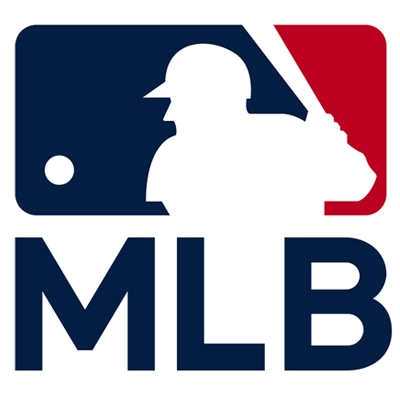
Major League Baseball (MLB): When the San Diego Padres’ Tucupita Marcano was banned for betting on games that involved his team, the MLB doubled down on its strict no-gambling policies. Players and staff are now regularly reminded of the repercussions, which include permanent bans from the MLB.
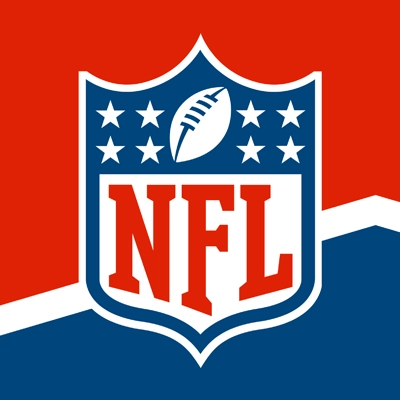
National Football League (NFL): Cases like Calvin Ridley’s suspension for placing bets on NFL games have made the league take a much stronger stance. Clear rules prohibit any involvement whatsoever in betting, and players now face extended suspensions for even the smallest infractions.

National Basketball Association (NBA): The league implemented new regulations after referee Tim Donaghy’s discovered involvement in betting on games that he officiated. The NBA now keeps a super close watch on both players and officials to avoid any conflicts of interest.
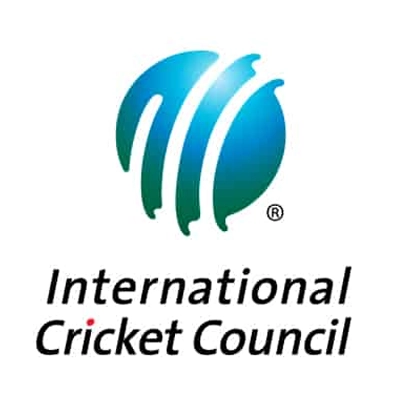
International Cricket Council (ICC): Cricket has had its share of troubles as well, from match-fixing to spot-fixing. The ICC introduced an anti-corruption unit that is tasked with investigating and preventing betting-related crimes in cricket, and they include harsh penalties for players who are caught breaking the rules.
The changes do show how seriously leagues take their responsibility to maintain the fairness of competition, especially after scandals threatened to unravel the trust of both fans and bettors completely.
Emphasis on Transparency in Betting Markets
In order to keep the betting markets clean and honest, which has become a priority for sports organizations, there have been some innovative solutions that were implemented, like the following:
- Advanced Monitoring Systems: Some pro leagues now use real-time monitoring to analyze betting patterns. The systems will flag any unusual activity like sudden spikes in bets on specific outcomes, which could signal manipulation is at play. Soccer leagues in Europe have partnered with third-party firms that specialize in tracking suspicious bets.
- Partnerships with Betting Companies: Sports organizations and betting platforms are now working together to catch any irregularities. The betting companies provide the data and insights to governing bodies, and that makes it much easier to detect when something looks off. In return, leagues help make sure the games are fair so that bettors can trust the outcomes.
- Public Reporting of Violations: To keep and hold everyone involved accountable, some leagues have begun to publish reports on their investigations. It’s a level of openness that helps to restore faith in the system and shows fans that cheating won’t go unnoticed—or unpunished.
Restricting Player and Official Betting
Another big change has been the outright banning of betting for players, referees, and officials who are directly involved in their sport.
- Prohibiting Betting on Own Sports: Athletes and officials are totally banned from betting on their games—or even games in their leagues. Pro football player Calvin Ridley faced a year-long suspension for betting on NFL games, and the MLB has consistently upheld its zero-tolerance policy, as evidenced in the lifetime ban that was handed to Pete Rose decades ago.
- Education and Awareness Campaigns: Governing bodies are now educating players on the risks and consequences of betting with programs like workshops and seminars with the goal of preventing future scandals–this is so that everyone fully understands the rules.
- Monitoring Athletes’ Activities: Some leagues are now using technology to monitor athlete behavior for any signs of involvement in betting. Is it a little invasive? Sure, but it’s a precaution that ensures there are absolutely no conflicts of interest at play, particularly in high-stakes games.
The Role Technology Plays in Preventing Fixing
The world of sports betting is a high-stakes place, and technology has become a powerful ally in regard to guaranteeing fairness and transparency. There are advanced systems that analyze betting patterns and cutting-edge blockchain innovations–technology is a force to be reckoned with in fighting fixing!
Betting scandals usually start out as unusual patterns, which is where advanced monitoring tools enter the picture. With the help of AI and algorithms, betting platforms now have the power to spot any irregularities before they spin out into full-blown sports fixing scandals.
– How Algorithms Detect Suspicious Patterns: Algorithms have the ability to process enormous amounts of betting data, and that means it can compare live bets with historical trends. Let’s say there is a sudden surge of bets on an underdog team to win by a specific margin—it will be flagged as unusual. The tools can also detect bets that are being placed by coordinated groups, which is a really common tactic in fixing schemes.
– AI’s Role in Real-Time Monitoring: Unlike the traditional systems that review data after the fact, AI works in real time. Tools that are developed by companies like Sportradar can analyze ongoing betting activity across thousands of matches and identify inconsistencies as they occur. If a second-tier soccer game suddenly attracts heavy betting interest in regions that are unrelated to the teams involved, AI systems will alert regulators instantly.
– Improved Accountability: The systems not only help leagues detect fixing—they are also an amazing deterrent. Players, officials, and bettors are all aware that their actions are under scrutiny, and that decreases the likelihood of fraudulent behavior.
Blockchain is a boon for sports betting—it addresses one of the industry’s biggest challenges: transparency. Because it is decentralized and has a secure structure, it’s become a solid tool in the fight against tampering and fixing.
– Transparency and Public Ledgers: Blockchain is a system where every single bet, transaction, and game outcome is recorded on a public ledger. Because all data is visible to anyone, it’s pretty much impossible for people or organizations to manipulate records without leaving a trace.
– Immutable Records: Once information is logged onto a blockchain, it cannot be altered in any way, shape, or form, and this eliminates the risk of tampered results, fake bets, or disputes over payouts. If a bookmaker or bettor claims there is a discrepancy in a transaction, the blockchain gives an unchangeable record—and that settles the matter.
– Smart Contracts for Automatic Payouts: Blockchain also has something called smart contracts, which are self-executing agreements that release payouts automatically when specific conditions are met. The contracts decrease human involvement, and that limits the opportunities for foul play.
– Adoption in Major Sports: Some betting platforms and leagues are already experimenting with blockchain. Although it is not yet universal, early adopters have reported more trust among bettors and a big reduction in disputes.
Sports fixing isn’t just a localized problem, either! There are vast criminal organizations that are operating across borders, and they exploit the gaps in communication between regulators. To try to counter this, international data sharing has become an important part of the solution.
– Standardizing Data Collection: Global organizations like INTERPOL and the International Olympic Committee have introduced standardized methods for collecting and sharing betting data. This means that regulators from different countries can work together easily and identify patterns that might otherwise go undetected in isolation.
– Cross-Border Collaboration: Some of the most effective efforts are due to partnerships between governments, sports organizations, and betting platforms. One example is that during the 2018 FIFA World Cup, betting data from multiple jurisdictions was pooled to monitor suspicious activity. It was a collaborative approach that helped to prevent several potential fixing attempts.
– Unified Databases: Countries are also working toward creating unified databases where betting data can be accessed by approved regulatory bodies. The systems enable investigators to track activities across leagues, sports, and countries in real time.
– The Role of Technology Providers: Companies specializing in sports integrity, like the aforementioned Sportradar and Genius Sports, are acting as middle men, and that guarantees that there is a smoother data exchange between leagues, betting platforms, and law enforcement agencies. They provide the tech that is needed to analyze and share this info without compromising privacy or security.
Below are a few other trends that could step up to the plate in the near future to prevent sports fixing!
– Biometric Tracking in Sports: There are leagues that are exploring wearable tech to monitor athletes’ biometric data during games. Why? To help ensure that players are performing at their expected levels and that discourages underperformance that could be linked to fixing.
– AI-Based Media Analysis: AI is being used to analyze social media and news for early warning signs of fixing. For example, if there is Internet chatter about a specific game or a player, it could trigger investigations before anyone can place a bet.
– Virtual Betting Audits: Betting companies are starting to adopt virtual auditing systems so they can review all transactions and payouts. The systems can spot any irregularities within seconds, and that makes it much harder for fraudulent activity to slip through the cracks.
Lessons Learned and the Current Landscape
Sports betting has come a long, long way, and it has been molded by the fixing scandals, advancements in technology, and a growing awareness of ethical practices. Now, a combination of public education, industry partnerships, and forward-thinking regulations defines the entire industry. Let’s take a look at how all of these elements have changed sports betting into a much more responsible and transparent arena!
Public Awareness and Education
One of the biggest lessons that’s been learned is that an informed audience makes a really big difference. Educating bettors isn’t just to protect them from making bad choices—it’s about building and maintaining trust in the whole system.
- Campaigns That Stick: A lot of leagues and organizations now concentrate on messaging that’s simple but impactful. There are initiatives that are aimed at younger audiences to break down the risks of illegal betting without a lot of technical or legal jargon. Ads, interactive apps, and gamified educational tools have all become popular ways to connect with bettors and keep them informed.
- Empowering Communities: Betting companies are teaming up with local organizations to host workshops and open forums. The events mean that people are able to talk about ethical betting in a space that feels way less corporate and more community-driven. It’s a great way to reach those who might not engage with conventional campaigns.
- Spotlighting the Consequences: Highlighting real-life stories of players, officials, or bettors who faced consequences for unethical practices adds a realness to the efforts. It’s an approach that resonates with audiences and serves as a deterrent for possible misconduct.
Collaboration Between Sports and Betting Organizations
Sports fixing isn’t exactly an easy issue that just one entity can tackle all by its lonesome—there has to be teamwork and partnerships between the leagues, betting companies, and regulators, and they’ve been instrumental in changing the industry!
- Shared Databases: There are organizations that are now sharing data on any suspicious betting activities across sports and countries. A real-time exchange of info makes it way harder for match-fixers to exploit any gaps between jurisdictions. One example is that European soccer leagues have put into place continent-wide databases that flag unusual patterns across matches.
- Joint Investigative Units: Betting companies and sports bodies have formed specialized investigative teams to respond to any reports of potential fixing. The units combine industry expertise and law enforcement capabilities, which means a more effective approach to uncovering and addressing any and all corruption.
- Standardized Advertising Guidelines: Betting advertisements are being scrutinized to make sure that they don’t target vulnerable populations, and that includes minors. Partnerships between leagues and regulators have resulted in stricter rules on how and where betting is marketed, particularly during live sports broadcasts.
The Changing Nature of Betting Rules
Obviously, the rules that govern sports betting aren’t static, so they have to adapt to keep up with any new challenges—especially those that come about because of advancing technology.
- Addressing AI-Driven Challenges: Artificial intelligence has become both a tool and an obstacle in the betting world. Yes, AI helps bettors analyze data and improve their chances, but it also raises some concerns about unfair advantages. Regulators are working to define how AI can be used responsibly in order to make sure that it doesn’t disrupt fair play.
- The Rise of Esports Betting: Esports is a new entry in the betting world, but it does enter with some issues. A lot of esports are much younger than conventional athletes, and that raises ethical questions about betting on their performances. And the virtual nature of esports means new rules are needed to oversee things like in-game item betting or virtual currency.
- Cross-Border Regulation: With sports betting becoming more global, regulators are looking for ways to better match up the rules across countries. This means creating international standards for transparency, record-keeping, and reporting. The efforts are especially critical in the emerging markets where regulations are still catching up with explosive industry growth.
Future-Proofing the Rules: Innovations like blockchain and smart contracts are being studied to guarantee that they can be integrated into regulatory frameworks without creating any loopholes. The idea is to stay ahead of all possible risks before they can turn into systemic issues.
Conclusion: Fallout from Fixing Moved the Goalposts
The sports fixing scandals have left some nasty scars, but they’ve also served a bigger purpose—and that’s a much-needed change.
Below is a brief recap of what’s emerged from the chaos caused by sports fixing scandals:
- Fixing the Weak Points: Years of controversies have forced sports and betting industries to address the flaws that allowed the corruption to creep in.
- Technology Leading the Charge: Advanced systems, like AI and blockchain, now help in monitoring activity and are able to catch any irregularities before they escalate.
- Stronger Partnerships: Betting companies and leagues have stepped up in terms of collaboration, and that builds more trust and accountability via shared systems and investigations.
- Raising the Bar: Clearer, stricter guidelines now hold all players, officials, and bettors to higher ethical standards, and that limits room for any and all misconduct.
The progress that’s been made shows that lessons have been learned, but the work isn’t over yet! Fans, bettors, and organizations all have to take the metaphorical bull by the horns and champion fairness and integrity, so that the games can stay honest for generations to come—it’s something that’s worth protecting!

Alyssa contributes sportsbook/online casino reviews, but she also stays on top of any industry news, precisely that of the sports betting market. She’s been an avid sports bettor for many years and has experienced success in growing her bankroll by striking when the iron was hot. In particular, she loves betting on football and basketball at the professional and college levels.





